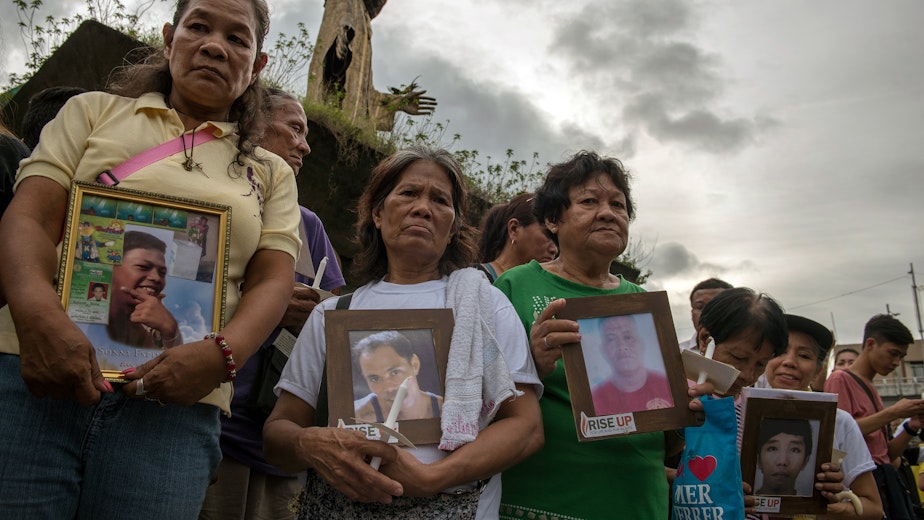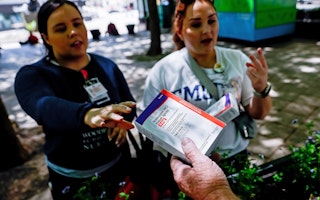Farmers in Myanmar Call for Justice
By Karyn Kaplan & Khine Su Win

At the start of each planting season, U Min (not his real name) tills the soil to prepare for his new crop of opium poppy. With each strike of his hoe, he thinks about the people he must pay a “tax” to before he can take any profit for his family.
“The first strike is for the regional police commander, the second for the ethnic armed militia patrol,” he says, “the third is for the Myanmar military, the fourth for the village administrator; the fifth is for the drug trafficking organization who issued me seed on credit; and, finally, the sixth is for me and my family.”
This is the complex plight of opium farmers in the remote and mountainous part of the country. The terrain in this area is ideal for opium poppy cultivation and is the second-largest source of the world’s opium supply. The multibillion-dollar global drug economy breeds corruption and predatory taxation—and is extracted by both government representatives and ethnic armed organizations—while drug trafficking organizations often provide farmers their only source of income.
At the bottom of this supply chain, caught in the middle of the uncertainty and violent conflict endemic in these territories, stand farmers like U Min. The meager profit left for the farmers’ own pockets is a tiny fraction of the street value of opium, whose price skyrockets once it hits the market in developed economies.
As the new report Tears of Opium Farmers: Socioeconomic and Cultural Rights Violations Faced by Opium Farmers in Shan and Kayah States, Myanmar [PDF], shows, U Min’s story is far from unusual. Drawn from the stories of more than 100 opium growers—and produced by opium farmers themselves, following an 18-month advocacy training project by Asia Catalyst, an Open Society grantee—the report illustrates that the experience of financial instability, structural poverty, and systemic corruption is widely shared.
In his speech last year to the United Nations Commission on Narcotic Drugs, Sai Lone, the lead representative of Myanmar Opium Farmers’ Forum, described a lifetime of observing government-sponsored opium eradication programs that destroyed farmer livelihoods without replacing them with viable alternatives. Such practices, he said, drove opium farmers further into poverty, even leading to suicide.
Motivated to end this heartless, irrational cycle, Sai Lone organized these largely isolated growers to know their rights and participate in government drug policy spaces previously closed off to them. The report includes recommendations to the government: regulating opium for traditional use, and implementing a far more inclusive approach to development and drug control policymaking—to ensure farmers have say in what is grown.
As Myanmar continues its futile pursuit to eradicate drugs from the country, it is imperative that the people most vulnerable to the consequences of these unilateral policies push back, constructively, in an effort to avoid further humanitarian disaster. “Please don’t consider us as criminals,” one farmer implores. “We grow opium to survive and fulfill our families’ basic requirements, not to damage society.” The world should heed her call.
Asia Catalyst is a grantee of the Open Society Foundations.
Karyn Kaplan is executive director of Asia Catalyst.
Khine Su Win is a program officer at Asia Catalyst.


